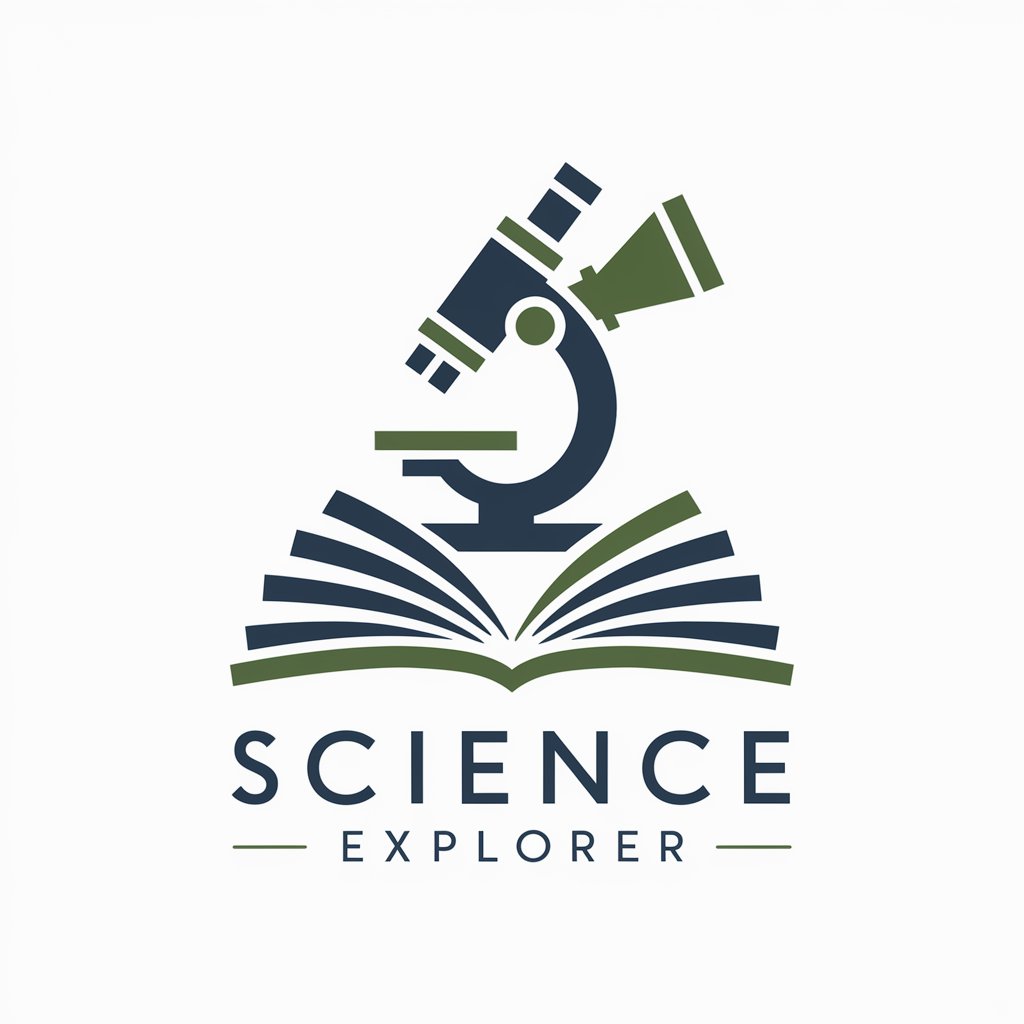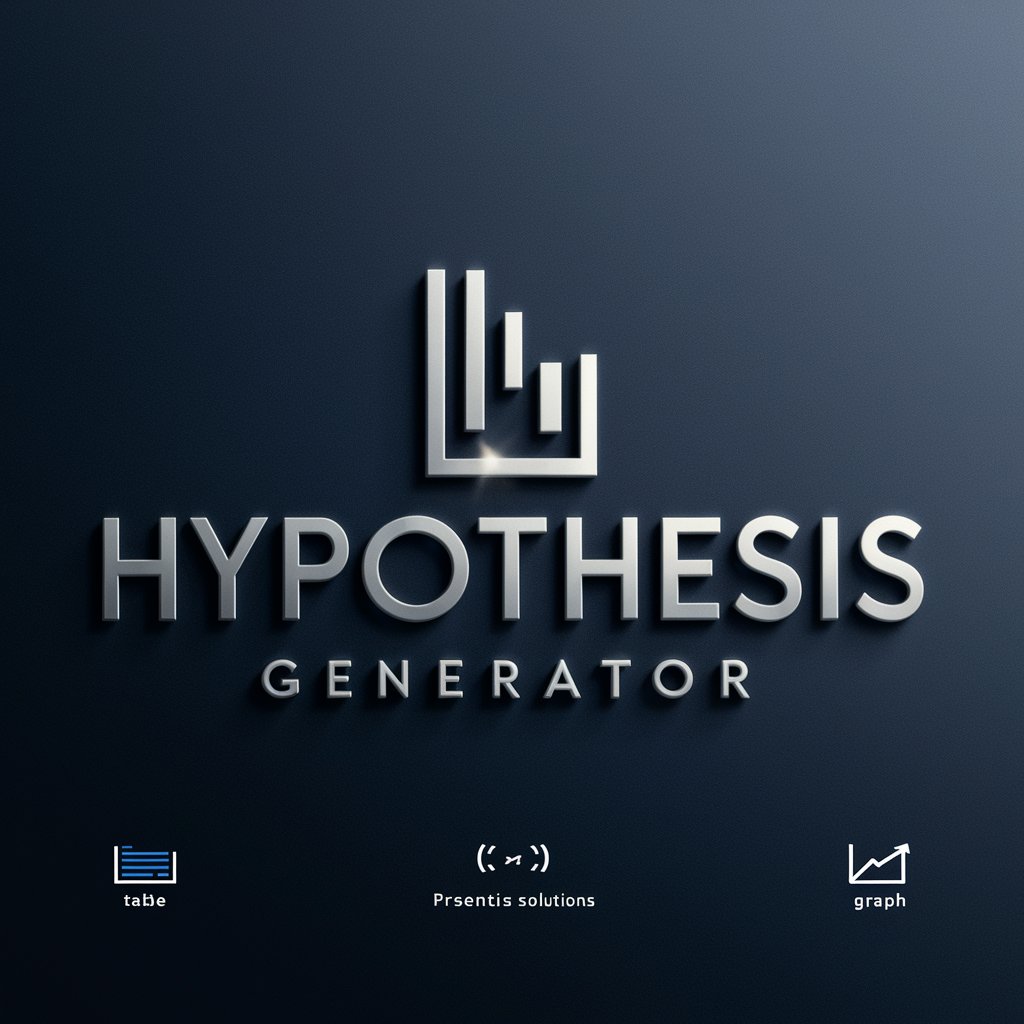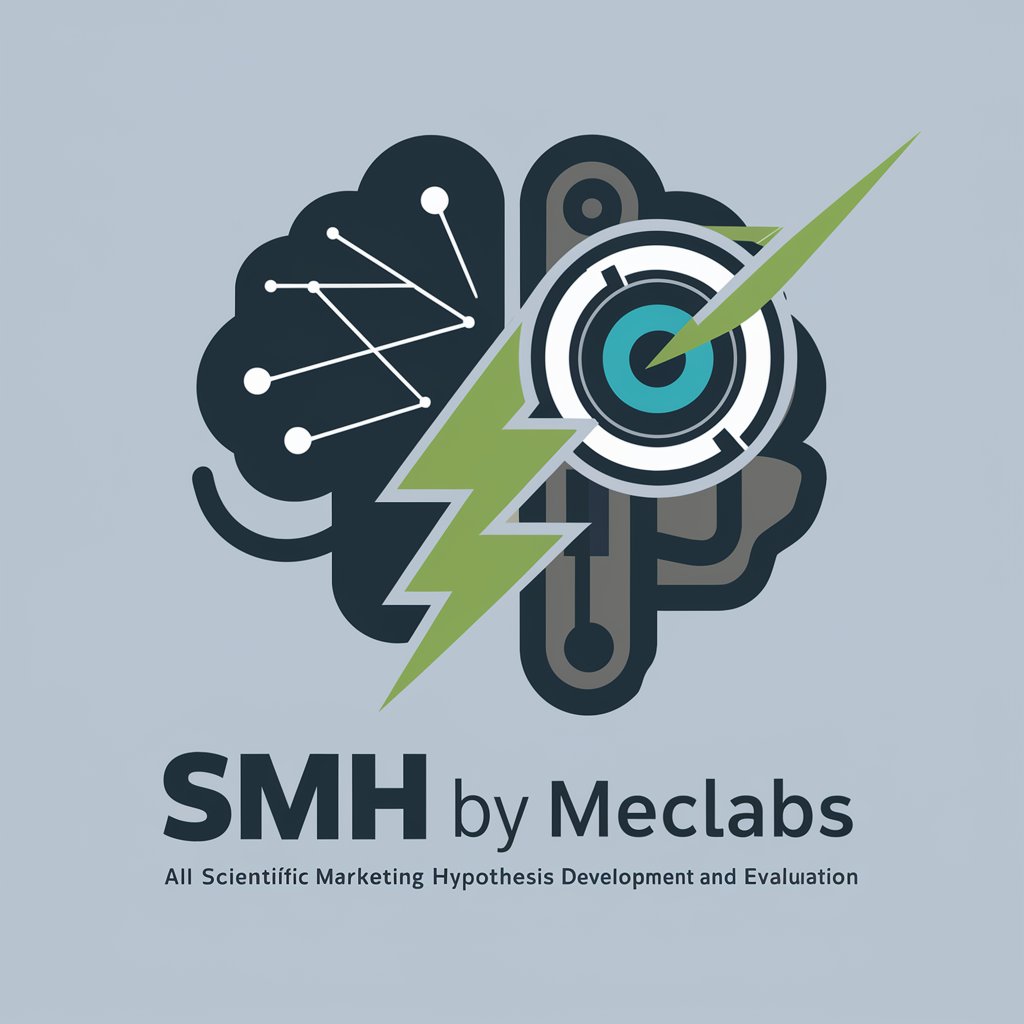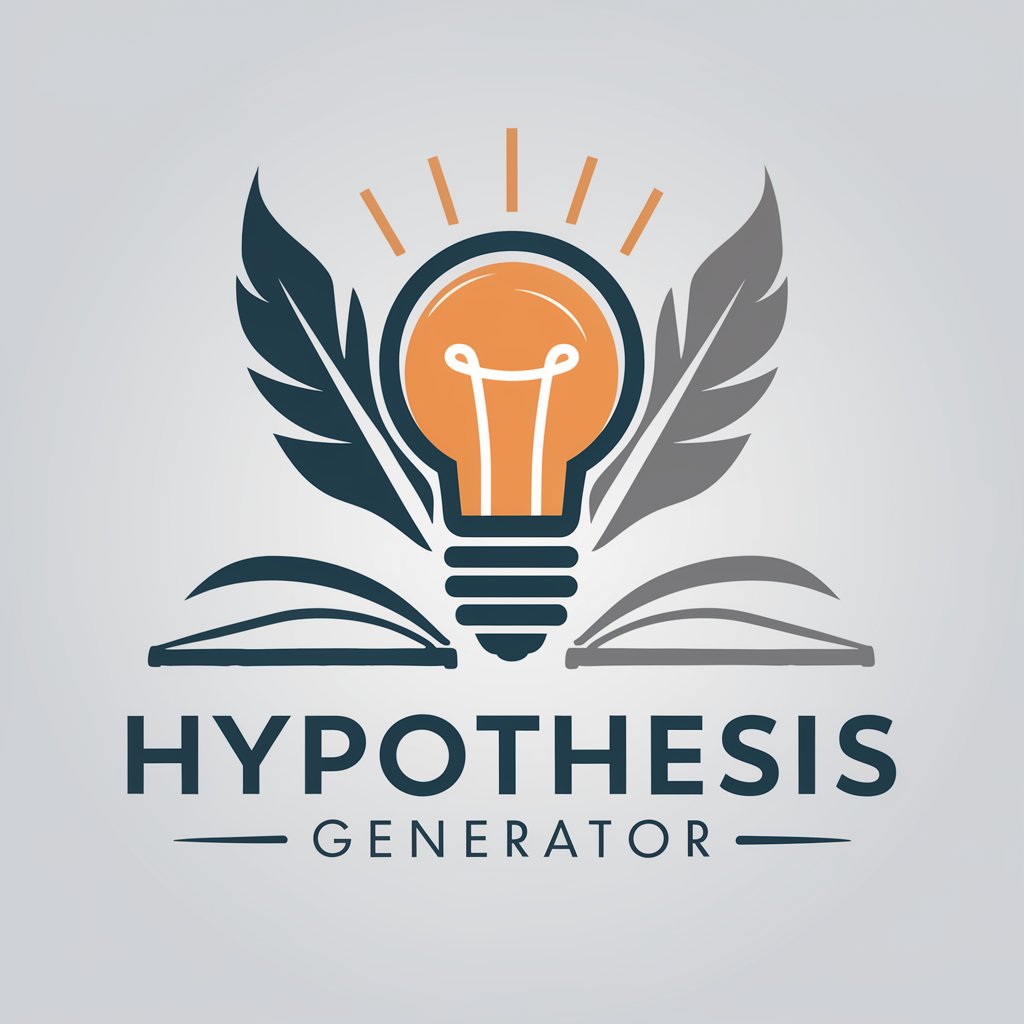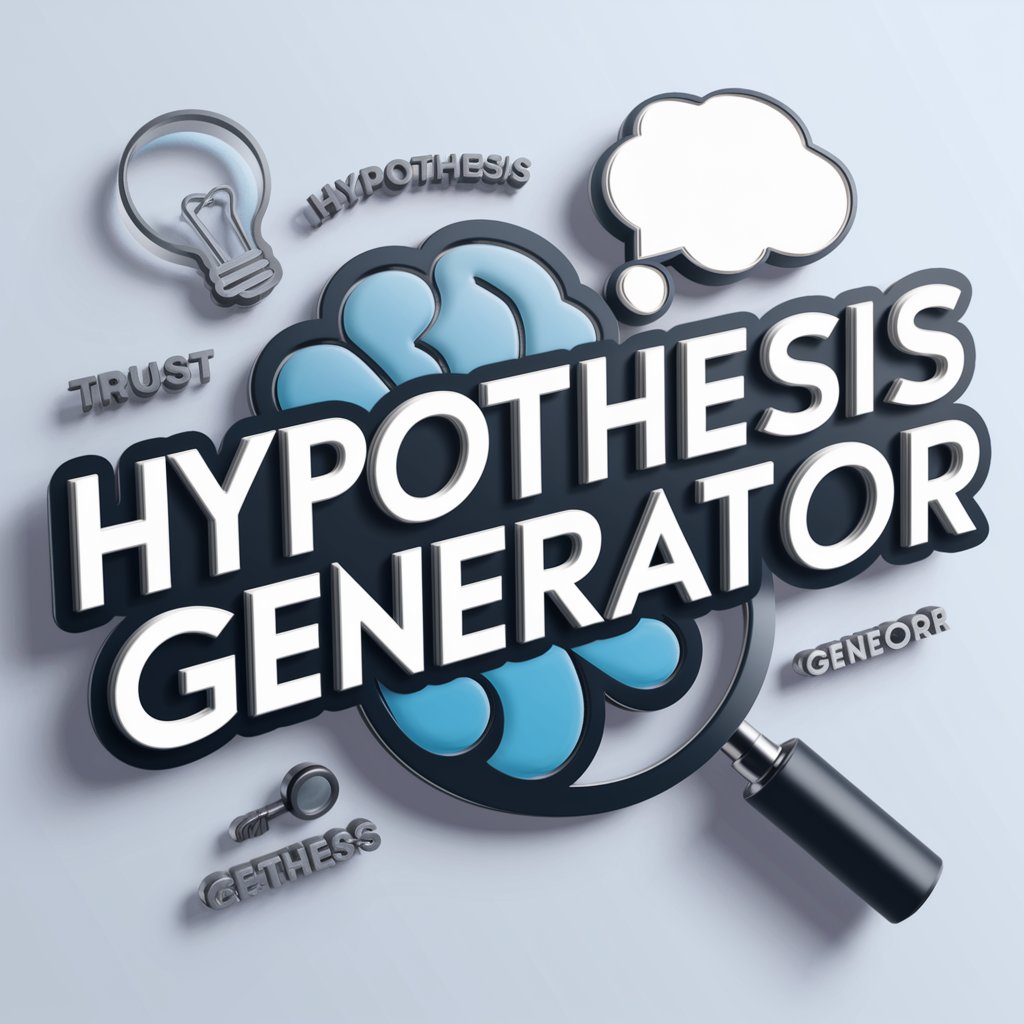
Hypothesis Explorer - AI-Powered Research Assistant
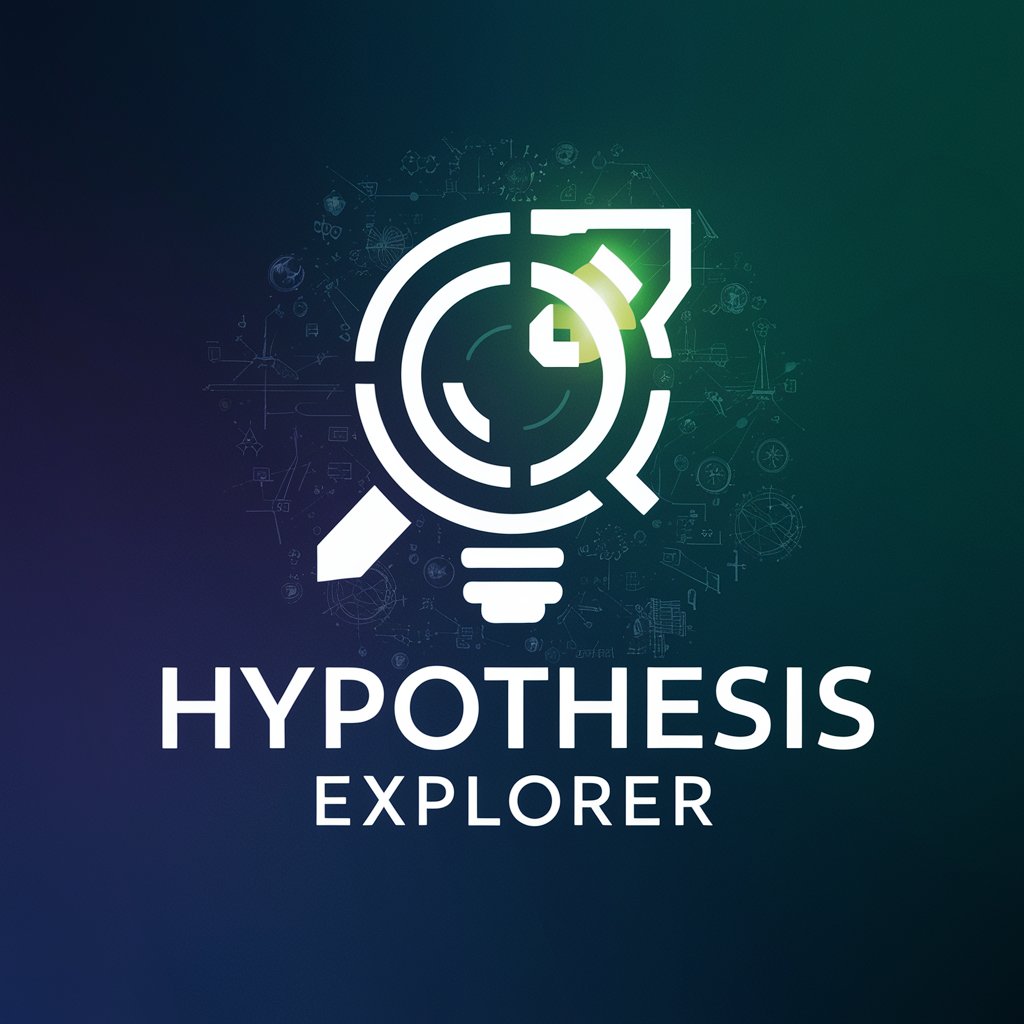
Welcome to Hypothesis Explorer, your AI research assistant.
Inspiring research through AI-generated hypotheses.
What are the latest research trends in
Can you suggest a hypothesis for a study on
What are some innovative approaches to exploring
How can current advancements in technology impact research on
Get Embed Code
Introduction to Hypothesis Explorer
Hypothesis Explorer is designed as a specialized AI assistant tailored for researchers and academics seeking to navigate the vast landscape of current research trends to generate innovative hypotheses. Unlike general-purpose AI, Hypothesis Explorer is fine-tuned to understand and interpret scientific literature, trends, and data, providing users with creative, insightful suggestions across various scientific fields. It operates by synthesizing information from existing research, identifying gaps, and proposing novel research questions or hypotheses that could advance the field. For example, in the context of climate science, Hypothesis Explorer might analyze recent studies on carbon capture technologies, then suggest investigating the potential of a specific algae species for more efficient carbon sequestration based on its unique properties mentioned in disparate studies. Powered by ChatGPT-4o。

Main Functions of Hypothesis Explorer
Generating Hypotheses
Example
After reviewing recent publications on antibiotic resistance, Hypothesis Explorer might propose investigating the role of microbial communication in the development of resistance mechanisms.
Scenario
Researchers looking to address the pressing issue of antibiotic resistance but lacking a specific direction for their next study.
Identifying Research Gaps
Example
By analyzing current literature on renewable energy, it could highlight the underexplored area of wave energy converters in cold climate regions.
Scenario
Energy researchers focusing on renewable sources who aim to uncover less-investigated areas for impactful research.
Trend Analysis
Example
Evaluating the growing interest in AI ethics, it might suggest examining the implications of AI in educational settings, specifically regarding fairness and accessibility.
Scenario
Ethics researchers or policymakers aiming to understand emerging concerns in AI applications to develop guidelines or studies.
Ideal Users of Hypothesis Explorer Services
Academic Researchers
Individuals engaged in scientific research across disciplines who are looking for fresh, innovative research questions that can contribute to their field. They benefit from Hypothesis Explorer by gaining access to a wide array of hypothesis suggestions that are grounded in the latest research trends and data analysis.
R&D Departments in Corporations
Teams within companies focusing on research and development, especially in sectors like biotechnology, pharmaceuticals, and environmental sciences. These groups use Hypothesis Explorer to identify novel research avenues that could lead to the development of new products, services, or technologies.
Policy Makers and Educators
Individuals in government or educational institutions who are responsible for developing policies or curricula that address current scientific challenges. They can utilize Hypothesis Explorer to understand emerging trends and research gaps, ensuring that policies or educational content are informed by the latest scientific insights.

How to Use Hypothesis Explorer
Initiate your journey
Start by visiting yeschat.ai to access a free trial of Hypothesis Explorer without the need for login or subscribing to ChatGPT Plus.
Define your research query
Clearly articulate the specific topic or question you're exploring. Providing a focused query will yield more accurate and relevant hypotheses.
Engage with the tool
Input your query into Hypothesis Explorer. Utilize the conversational interface to refine your question based on the guidance and questions from the AI.
Review hypotheses generated
Analyze the hypotheses provided by Hypothesis Explorer. They're designed to inspire further research or exploration in your field of interest.
Iterate and refine
Use the feedback loop with Hypothesis Explorer to refine or expand upon the initial hypotheses, tailoring the exploration to your specific needs.
Try other advanced and practical GPTs
Inspire Light
Empowering Your Journey with AI-Driven Inspiration

Digital Marketing Guru
Empowering Your Marketing with AI

Agile & DevOps Guide
Empowering Agile & DevOps Practices with AI
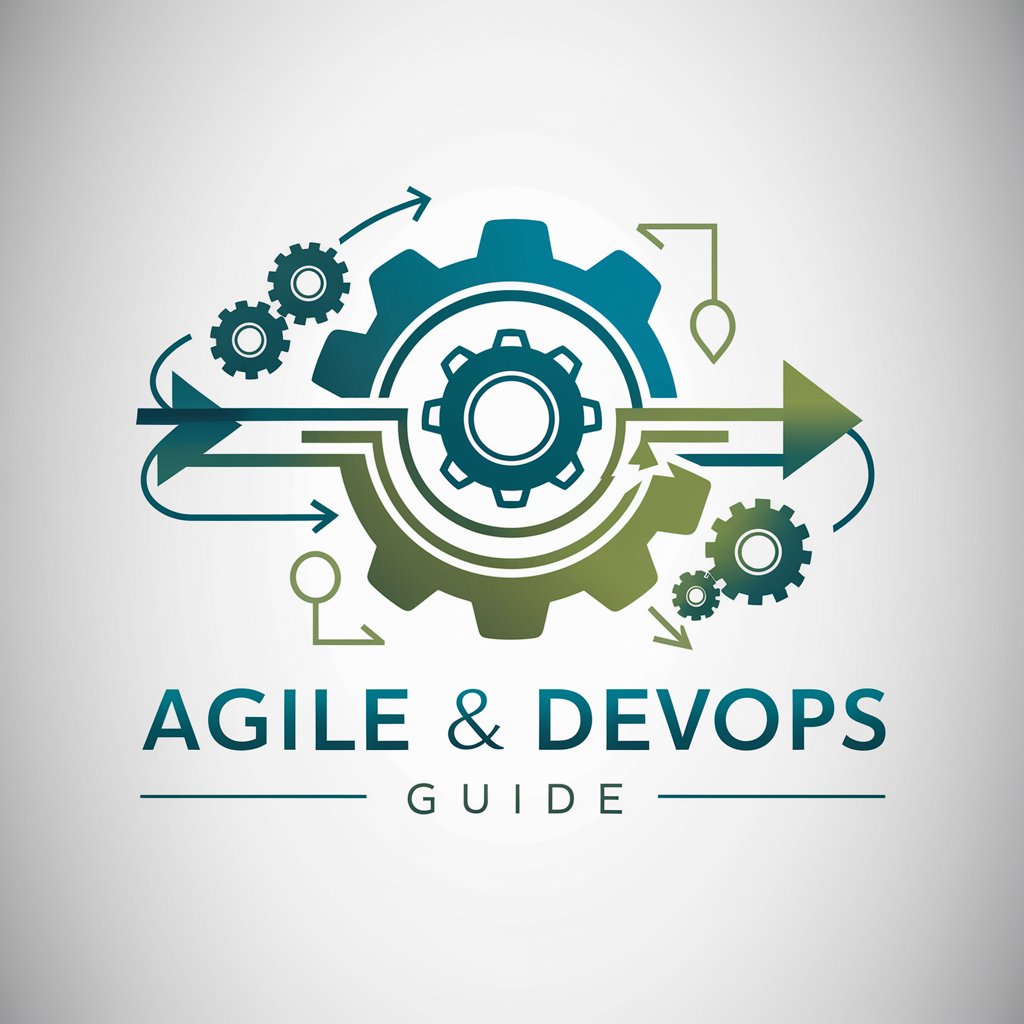
Tax Navigator
AI-Powered Tax Guidance for Every Country

Loop
Empower Creativity with AI
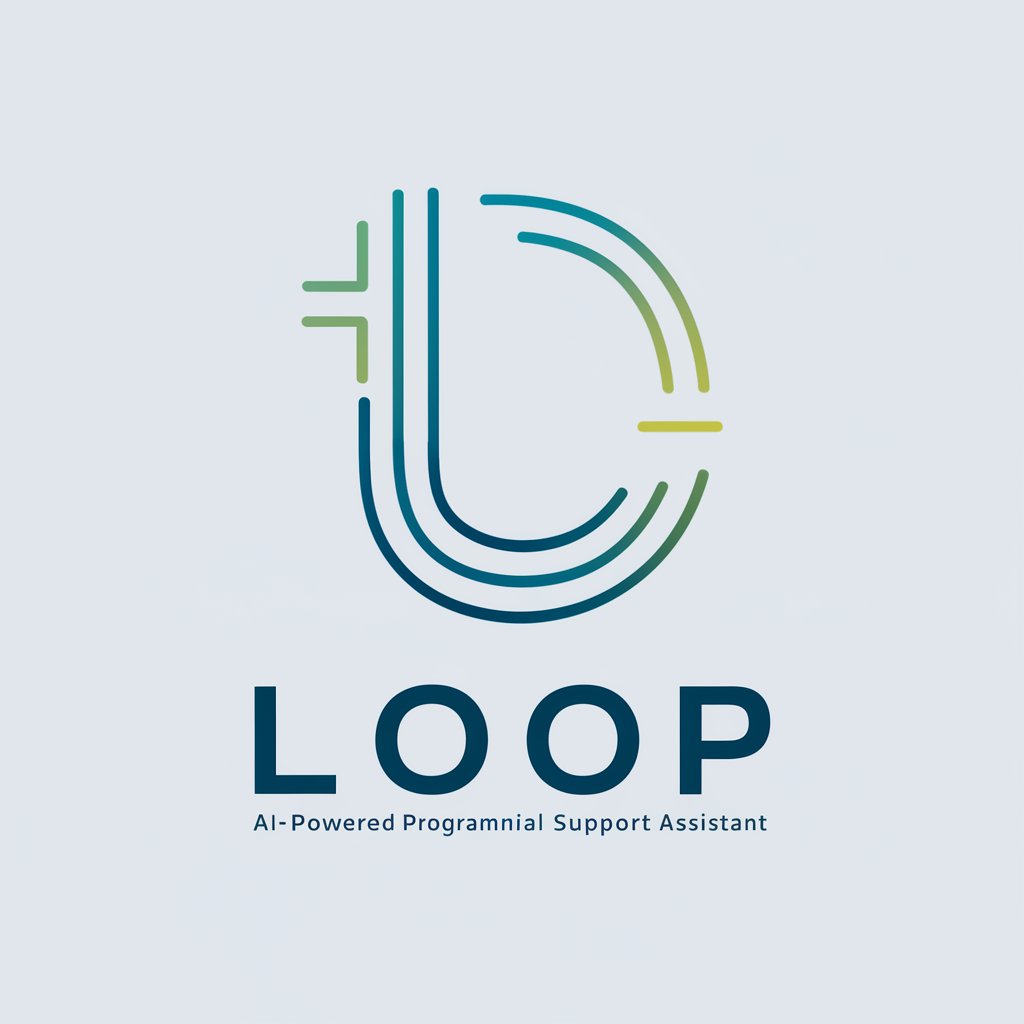
Age Calculator
Accurately Calculate Age with AI
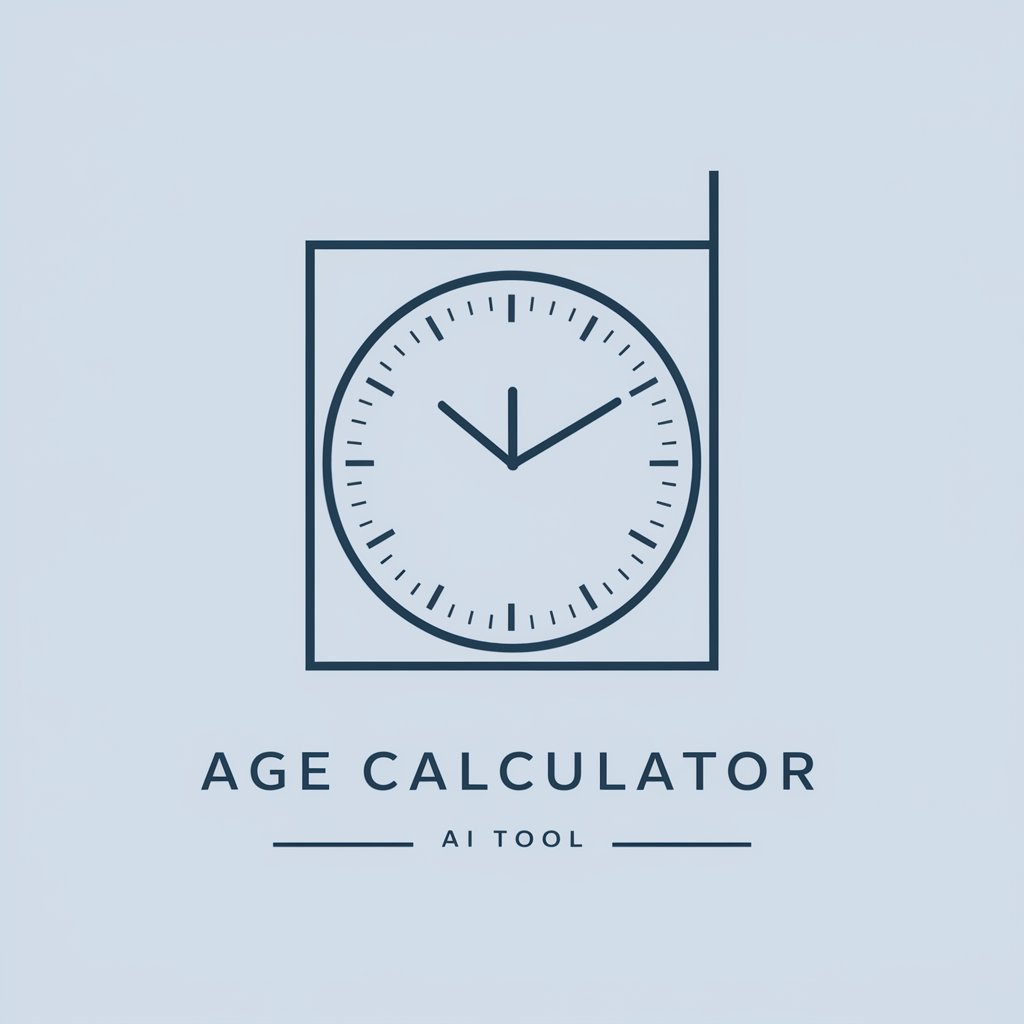
ADHD Parents Companion
Empathetic AI for ADHD Parenting

Infographic Designer
Transform Data into Stories

翻訳GPTs 虎ちゃん(翻訳ふりがな付き)
Bridging languages with AI and furigana.

Product Maestro
Streamline Product Development with AI

ADHD Buddy
Empowering ADHD Management with AI
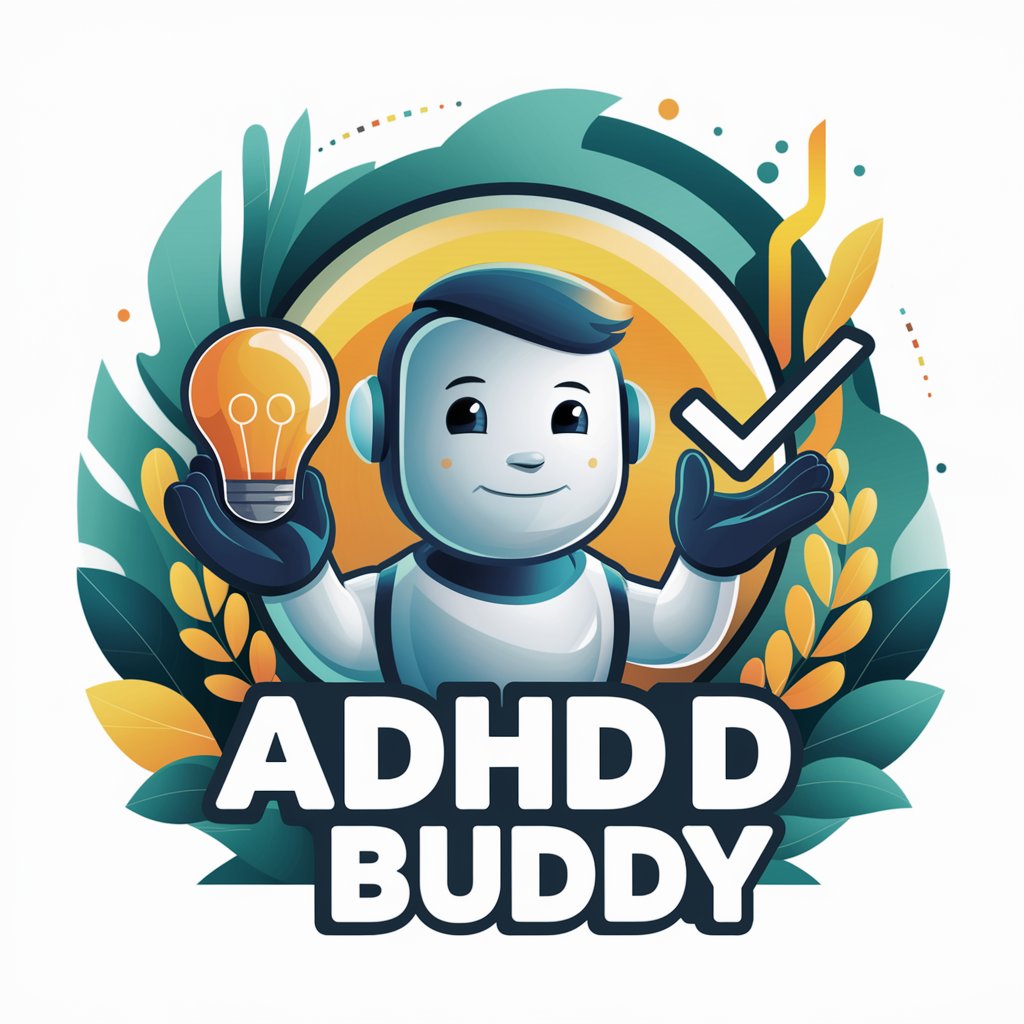
DiarioBitcoin Editor
Empowering Crypto Knowledge with AI

FAQs about Hypothesis Explorer
What is Hypothesis Explorer?
Hypothesis Explorer is an AI-powered tool designed to assist researchers by generating creative and insightful hypotheses based on their research queries.
Who can benefit from using Hypothesis Explorer?
Researchers, academics, students, and anyone involved in exploratory research across various scientific fields can benefit from using Hypothesis Explorer to kickstart their research process.
How does Hypothesis Explorer generate hypotheses?
Using advanced AI algorithms, Hypothesis Explorer analyzes the input query to generate hypotheses by drawing on current research trends, data, and patterns within the specified field.
Can Hypothesis Explorer replace human researchers?
No, it's designed to aid and inspire human researchers by providing starting points for investigation, not to replace the critical thinking and judgment of professionals.
How do I improve the accuracy of hypotheses generated?
Provide clear, focused, and well-defined queries. Utilizing specific terminology and context related to your field of research can significantly enhance the relevance and accuracy of the generated hypotheses.
